Enroll Now and Get Upto 30% Off
* Your personal details are for internal use only and will remain confidential.
A postgraduate program in project management is a higher education program designed to provide students with advanced knowledge and skills in the field of project management. This type of program is typically aimed at professionals who have already completed a bachelor's degree and are looking to further their education in order to advance their careers. The program typically covers a wide range of topics related to project management, including project planning, risk management, budgeting, stakeholder management, and project execution.Students may also have the opportunity to learn about specific industries or contexts in which project management principles are applied.
Postgraduate programs in project management may be offered as Master of Science (MSc) or Master of Business Administration (MBA) degrees and may be delivered through a variety of formats, including on-campus, online, or a combination of both. Upon completion of a postgraduate program in project management, students should be well-prepared to take on leadership roles in project management and apply their knowledge and skills in a variety of professional settings.
After the completion of the course, the participants would be able to:
Deliverables of this program include:
Jira is a powerful and flexible project management tool that is widely used by software development teams around the world. It can help teams stay organized, track progress, and deliver high-quality software on time.
Jira provides users with a centralized platform where they can create and assign projects, establish deadlines, monitor progress, and engage with other team members.
Another excellent powerful project management tool that helps teams to plan, track, and collaborate on projects from start to finish.
It provides a comprehensive suite of features and tools to help project managers and their teams stay organized and on track with their project tasks.
This app also provides a Gantt chart to help visualize project timelines, a task list to keep track of project tasks, and a resource management tool to ensure that projects are staffed properly.
Every learner must submit 4 case studies based on the themes mentioned below
The learner must present the case studies before the evaluation panel
Here are some guidelines and outlines that you can use for your project report submission:
After completing a postgraduate program in project management, you should be able to.
For admission to this Post Graduate Certification Program In Project Management (PGCPM), the candidate should have:
There are several benefits to completing a postgraduate program in project management, including:
A postgraduate program in project management will provide you with advanced knowledge and skills in areas such as project planning, risk management, budgeting, and stakeholder management. This can make you more effective at managing projects and increase your value to employers.
Many postgraduate programs in project management are accredited by professional organizations, such as the Project Management Institute (PMI). This can help you to gain recognition as a qualified and competent project manager and may make you more competitive in the job market.
Postgraduate programs often provide opportunities to network with other professionals in the field, which can be beneficial for building relationships and finding job opportunities.
Completing a postgraduate program in project management may make you more competitive for higher-level positions within your organization or in other organizations. It can also help you to negotiate higher salaries or improve your chances of being promoted.
A postgraduate program in project management can provide you with the opportunity to develop your leadership and communication skills, which can be beneficial for your personal and professional growth.
We recognize that as a learner, you want the best educational experience possible and that teachers and faculty frequently bear the weight of this responsibility.
So we are proud to tell you that our instructors for this certification are highly experienced professionals with 16+ years of industry experience who have educated over 7000 professionals.
He has delivered training for more than 10 years and trained more than 10000 professionals.
There are no limits on what can be done with project management skills. Project management is a versatile career path as Project Managers are needed in every industry and in various roles. You could continue to work in the same industry even after completing your training in Project Management.
If you participate, you may expect to be involved in fun group activities. This will allow you to put the theory into practice.
This training will be unlike any other you've ever experienced. We employ a wide range of innovative approaches to wrack your gray matter and raise your enthusiasm to engage.
The key features of our training program would be:
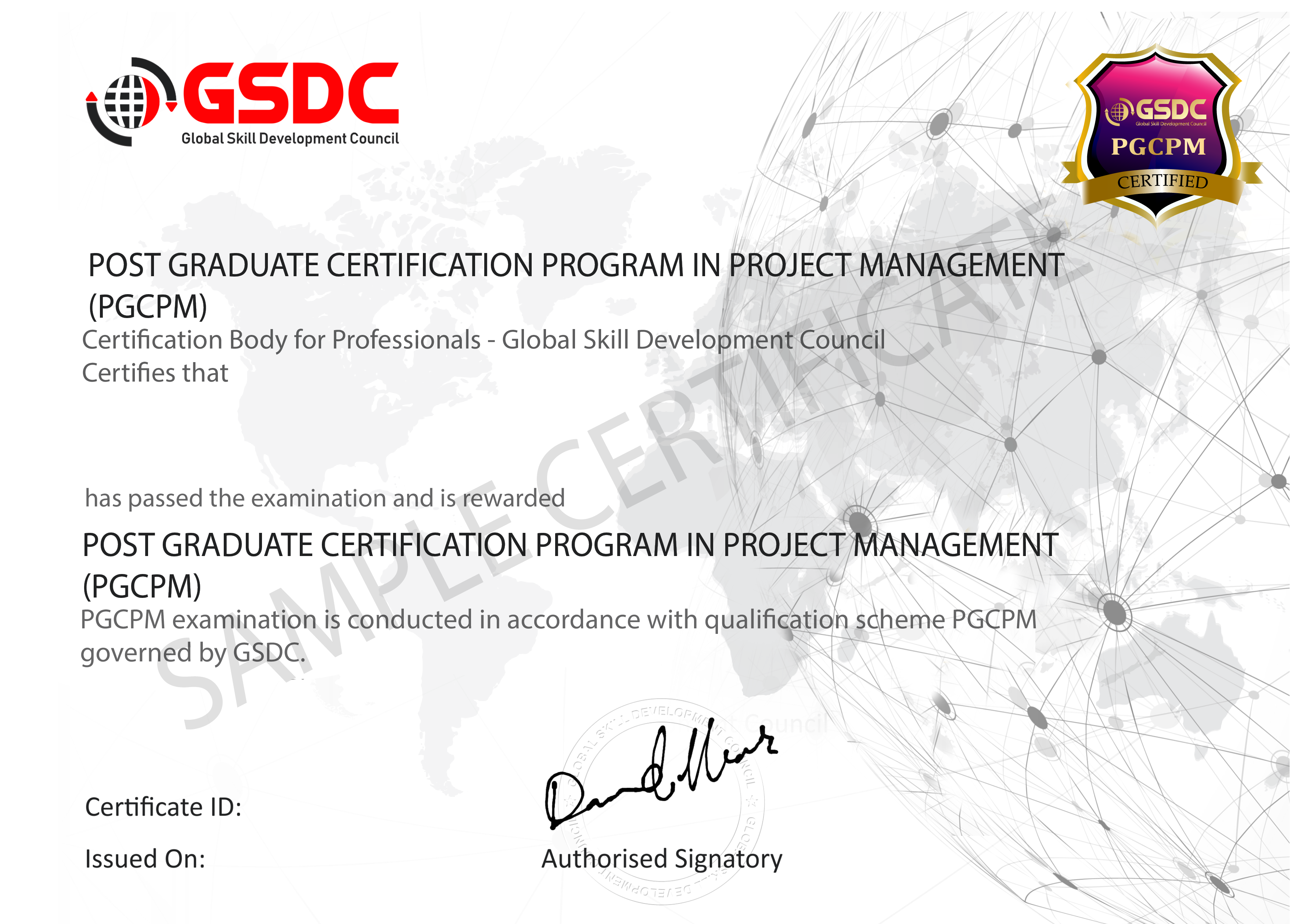

Online Learning with Live Traiing Sessions | 6 Months

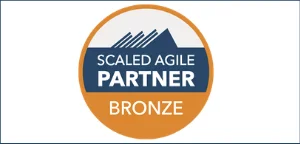

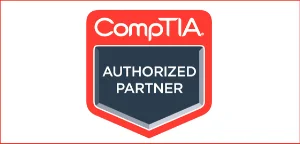
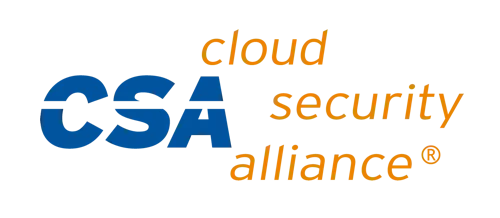
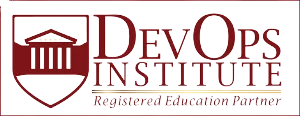
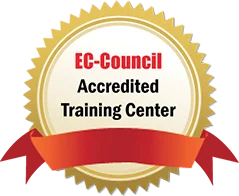
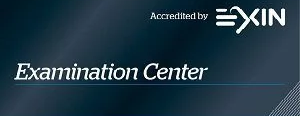


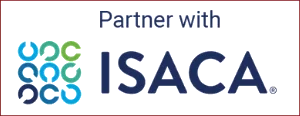
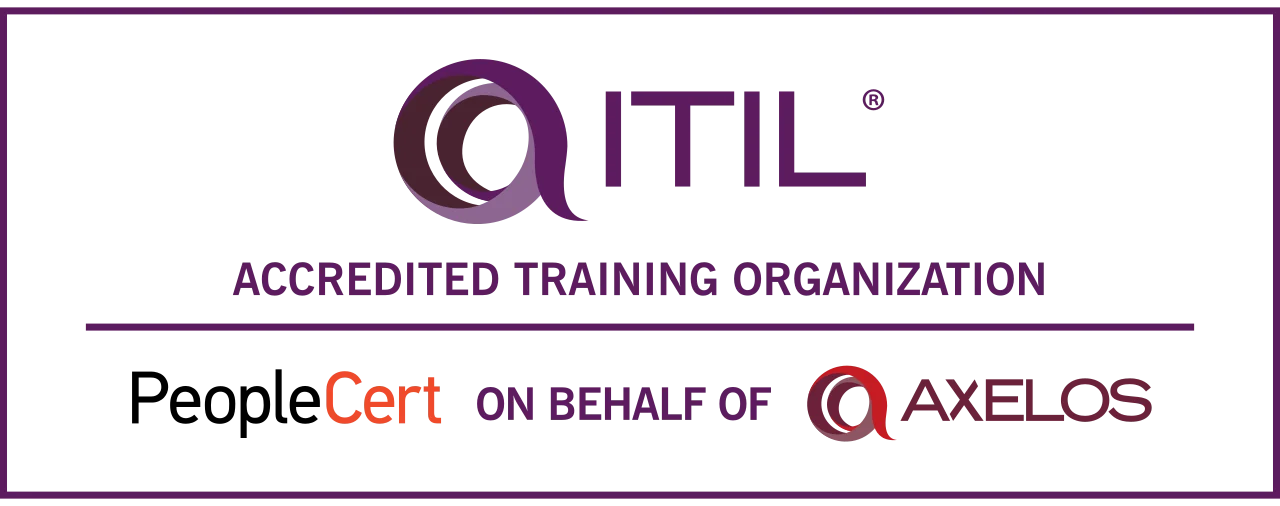
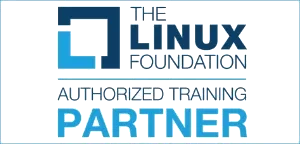

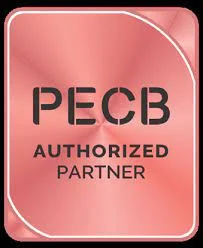
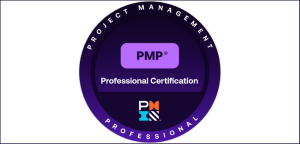
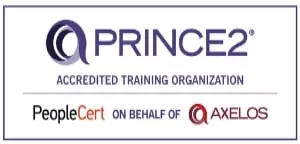


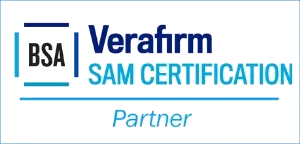
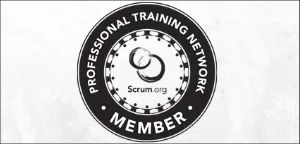
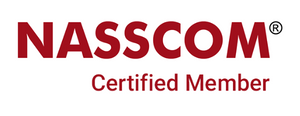















NovelVista has trained and certified professionals from all major organizations. Some of them are..















Project management is the process of planning, organizing, and managing resources to achieve specific goals within a specified timeline. It is a critical aspect of many businesses and organizations, as it helps to ensure that projects are completed efficiently and effectively. A postgraduate program in project management is a higher education program that provides advanced knowledge and skills in the field of project management. These programs are designed to help professionals develop the skills and knowledge needed to effectively manage projects and achieve success. In a postgraduate program in project management, students will learn about a wide range of topics related to project management, including project planning, risk management, budgeting, stakeholder management, and project execution. They may also have the opportunity to learn about specific industries or contexts in which project management principles are applied. Upon completion of a postgraduate program in project management, students should be well-prepared to take on leadership roles in project management and apply their knowledge and skills in a variety of professional settings. These programs can be an excellent way for professionals to advance their careers and improve their effectiveness at managing projects.
The curriculum for a postgraduate program in project management typically includes courses on topics such as project planning, risk management, budgeting, stakeholder management, and project execution Students may also have the opportunity to learn about specific industries or contexts in which project management principles are applied.
Prerequisites for a postgraduate program in project management may vary depending on the specific program and institution. However, most programs require applicants to have completed a bachelor's degree in a related field, such as business, engineering, or computer science. Some programs may also require applicants to have work experience in project management or a related field.
Upon completion of a postgraduate program in project management, students should be well-prepared for leadership roles in project management and may be able to apply their knowledge and skills in a variety of professional settings. Graduates may be able to pursue career opportunities in industries such as construction, engineering, IT, and business.
A postgraduate program in project management is a higher education program that provides advanced knowledge and skills in the field of project management. These programs are typically aimed at professionals who have already completed a bachelor's degree and are looking to further their education in order to advance their careers.
* Your personal details are for internal use only and will remain confidential.
As an Accredited Training Partner, We have gained recognition over the years in professional training certification in the IT industry such as ISO, PRINCE2, DevOps, PMP, Six Sigma, ITIL, and many other leading courses.

We always conduct training on accredited courseware so our participants will learn the industry required skill.

We have the best industry trainers/instructors with having more than 20 years of experience in the respective fields

We believe in practical learning because it will help learners to clear the interview and use your knowledge in the organization.

As we conduct multiple mock tests, exam-oriented training our learners always are able to clear the certification exam in 1st attempt.
For any queries please share your contact details and the team will reach out to you soon.
Our Project Management PG Program training is crafted by industry experts with more than 12 years of industry experience. Their core expertise includes Project Management Consulting & Implementation. We have PG Program - Project Management training sessions online as well that are designed with a bunch of creative and interactive methods.
Our trainers vouch for delivering PG Program Project Management training in a form of storytelling with an exhibition of concepts with the help of professional examples, self-analysis and group discussions, case studies as the application of the concepts which were taught, vibrant presentations along with individual and team activities.